
What is it about the English orphan that so captures the attention of the American kid-lit reading public?
I'm not sure why, but suddenly this morning I could not stop thinking about the Shoes books, by Noel Stretfield. Remember Ballet Shoes?
(Egads! Amazon-shocker. Could that cover--the one above--be any more different from the cover of my youth?)
Ballet Shoes, the finest of Streatfield's books, is the tale of three little orphan girls-- Pauline, Petrova, and Posy-- collected by an aging explorer/archaelogist (rather than bones) on three different excusions into the wild. When the old man disappears on another such adventure, the girls are left poor (though poor in 1937 fancypants England is not the poor of 2007 Sierra Leone or the South Bronx for that matter), to be cared for by their legal guardian (the explorer's niece)and their utterly devoted Nana (who raised the niece and now loves the family sooooo much that she refuses to take pay once they become "poor" and cannot afford nice clothes or fancy tea cakes any longer).
And what happens to three "poor" orphans in fancypants 1937 England? Why, they become Shakespearean actors and trained ballerinas, to support their hodgepodge family. Of course they do. They hit the stage and become famous movie stars. Why not? What *else* can you do when you don't have the money for new velvet frocks any longer, or Citroen cars...
If you detect a tone of sarcasm in my voice, I should explain... I don't mean to be severly critical by any means... I LOVE this BOOK! I do. But I have a hard time with it now that I'm a grownup, because it is soooooo far from the reality I now see around me. Concerned as it is with tiny comforts and the self-involved search for wealth and fame. This is not a political book. Not at ALL!
But when I was a girl? Back before I knew about genocide and AIDS and nuclear capabilities and national statistics on education and leaching plastics? Back then I didn't know from sarcasm. Back then I wanted to be a ballerina, an orphan. I wanted to have whooping cough in the English countryside, ride the tube, live in a house full of interesting boarders... I loooooved these girls and their lives.
And that's the point of this post I think-- that there is something lovely about the fantasy-life of people who lived before CNN and blogging (and equality I guess). One could--reading the Shoes books-- dream of being a ballerina or an explorer. Dream of eating tea cakes and wearing velvet frocks. Dream of being adopted by another family, a more fascinating family. Because the books were so utterly devoid of any awareness of the world beyond the books. It was a good thing, in 1937, to dream for yourself. To seek comforts. To have a devoted servant or a highfalutin pursuit worth abandoning a family for...
In 1937, talent and intelligence (above a certain strata of society) was a kind of manifest destiny. Gifts were rewarded with further gifts. A passion for life was rewarded with a good life. Or that was the attitude anyway.
I'm not sure I'm doing the book justice here. Not sure I'm getting at what I want to say. that this book far predates any kind of meta-thought, any kind of political imperative for a child. This book is about people who live with an expectation of the world being a comfortable and interesting place. And what they do to insure that the world lives up to its potential is a fabulous and wondrous tale. These girls are perhaps a little selfish, and perhaps they ahve blinders on, as their universe is a little selfish, and also wears blinders-- believes that the sun will never set on the Empire and all that. But guess what? That's what children are all about. Selfishness, and blinders. The sun never setting on the world that is.
That kind of thinking is-- I think-- the kind of fantasy children need to feel safe, conforted, and to seek out interesting lives. There's all the time later for them to "know better". But as kids, they *should* all expect to be president, or a ballerina, or an astronaut. They should *not* settle, at age eight, for the realization that customer-service-representative is more likely the truth.
Me? I wanted desperately to be Pauline. Blond. Beautiful. Tiny. Talented. Desperately I wanted to be Pauline.
Until I wanted to be Noel Streatfield. Which is something I'm still working...
(side note-- this is a GOOD book for showing young girls a range of careers. Waaaaaay ahead of the curve. This book has women role models supporting themselves, educating themselves, living alone, in 1937!!!)
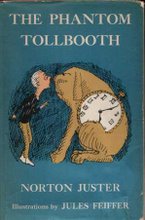
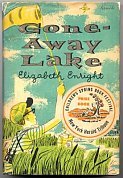
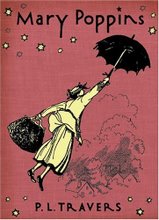
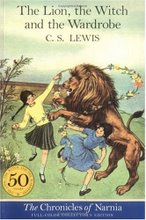
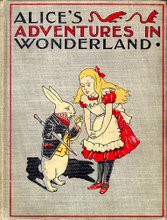
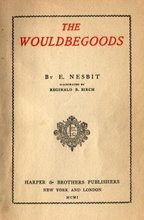
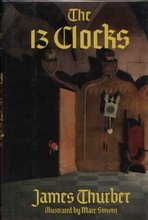
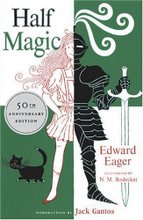



1 comment:
Oh my I loved this book. :)
It's being made into a movie: http://misserinmarie.blogspot.com/2007/08/happy-news.html
Post a Comment